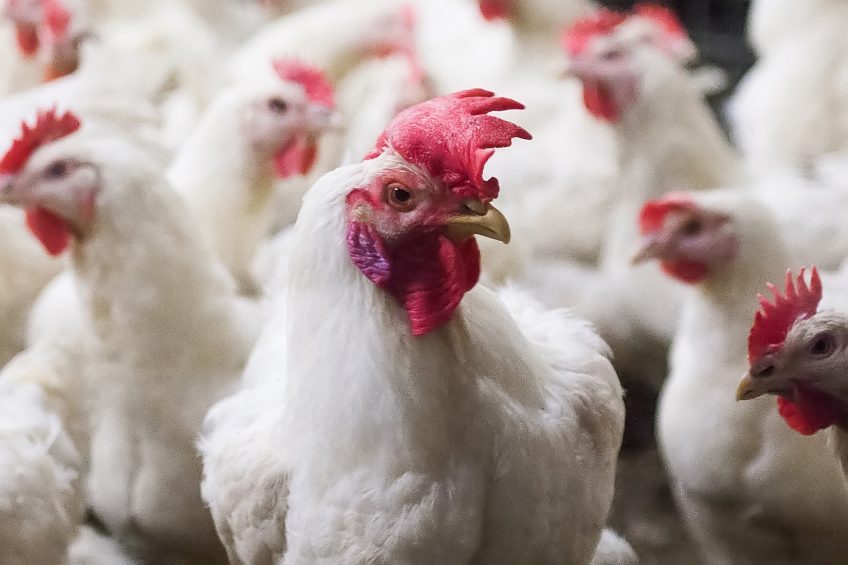US state propose tracking air pollution from chickens

Fears about potential health hazards caused by the rise of industrial poultry plants in a north eastern corner of the United States have prompted authorities to see if they are causing air pollution.
The Maryland General Assembly is seeking to pass a bill that would establish a committee of 8 to design a study tracking air quality, and in particular ammonia and particulates, in agricultural communities around the state, according to the Baltimore Sun.
Negative effects of ammonia
Ammonia is known to cause plant damage in high concentrations, affect species diversity in semi-natural areas and cause acidification of soil through reacting with air humidity to form ammonium. Deposits of ammonium degrade the biochemistry of natural ecosystems and cause eutrophication.
The 8 would involve experts in epidemiology, toxicology, air pollution sampling and regulatory compliance, and they would – by January 2019 – submit a plan for scientific peer review and public comment.
Study will go beyond EPA
Such action would go beyond the US Environmental Protection Agency, which has been unable to establish a reliable way to estimate such potential air pollution.
The EPA spent 2 years studying farm emissions at 27 sites around the US and 7 years ago published research suggesting that the facilities could be emitting enough pollutants that might be contrary to the Clean Air Act. However, no action has so far been taken.
There are concerns among some farmers that politicians have already made up their mind on the issue. Poultry farmer Andrew McLean has said that while he is not opposed to studies or science, he was against the bill as it was political science.
EU working to reduce pig and poultry ammonia emissions
The EU, as part of its first Clean Air Outlook, is looking for EU member states to reduce ammonia emissions from the pig and poultry sector.
In its latest report, released in the autumn, the EU said a substantial proportion of the reduction in ammonia emissions is to be achieved from manure management at pig and poultry farms.
The largest emitters of ammonia from poultry are:
- Germany
- Hungary
- Spain
- Italy
- France












